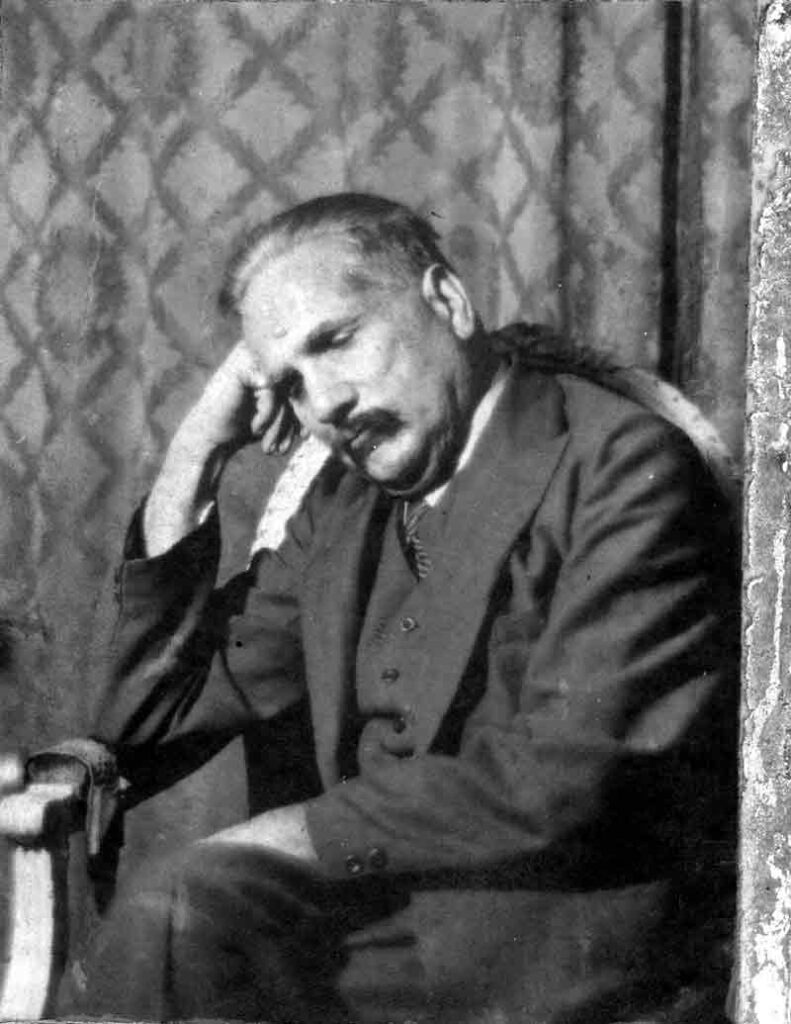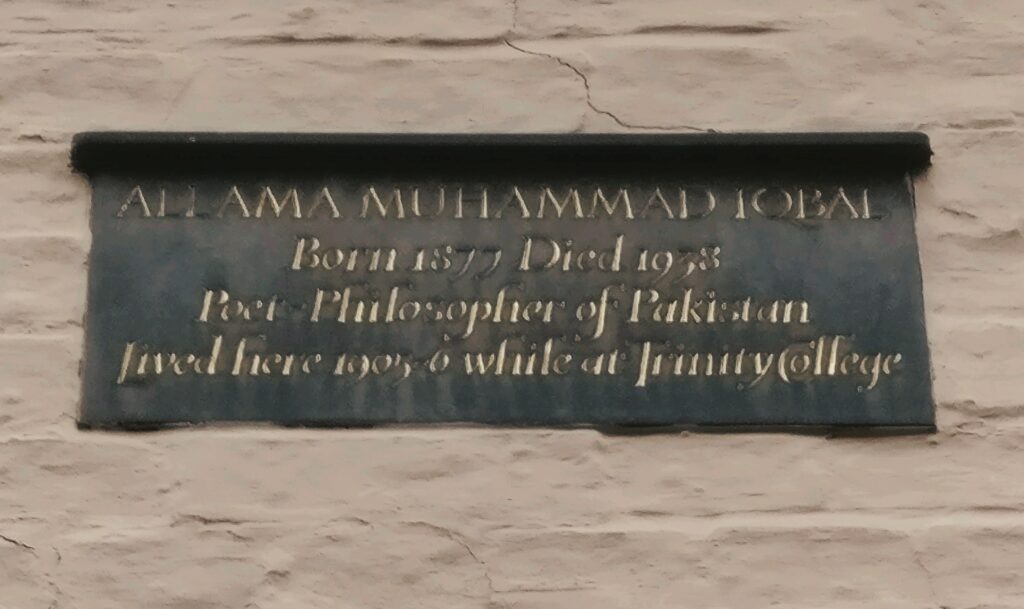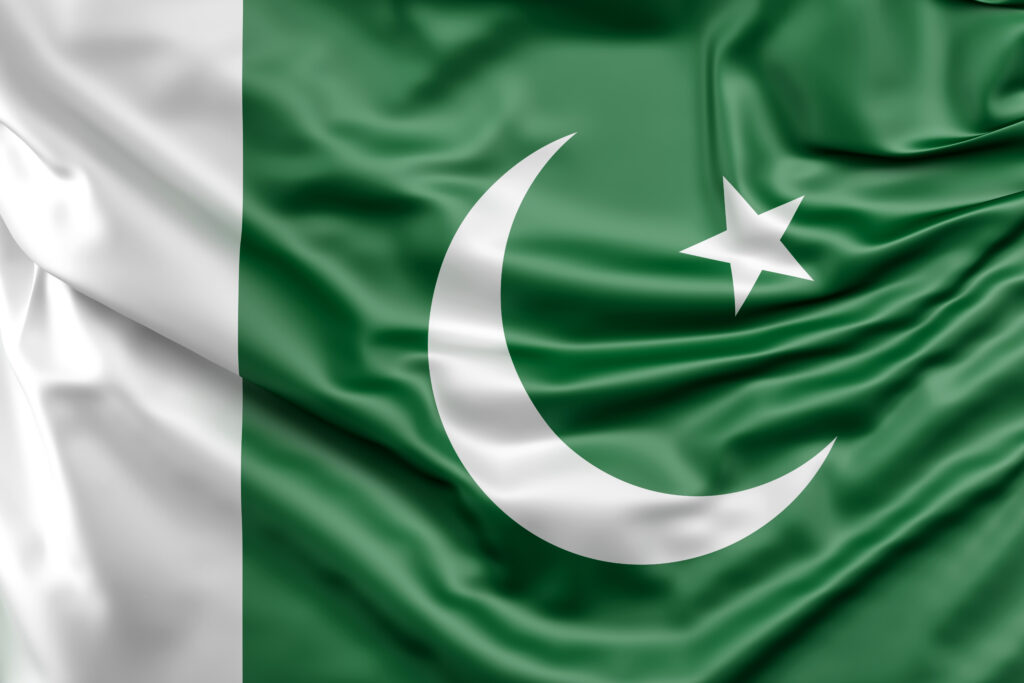Introduction
Every nation rises when a visionary dreams for it. For the Muslims of the Indian subcontinent, that visionary was Dr. Allama Muhammad Iqbal (1877–1938). Known as Shair-e-Mashriq (Poet of the East), Iqbal was not just a poet but also a philosopher, reformer, and a political thinker. His words were more than poetry—they were a call to awaken, to rediscover identity, and to build a nation.
He believed that nations are born in the hearts of poets, and with his verses, he ignited the flame that later became Pakistan.

Early Life and Family Background
Allama Iqbal was born on 9th November 1877 in Sialkot, Punjab (now in Pakistan). His family was deeply religious, and from a young age, he was introduced to spirituality and Islamic teachings.
His father, Sheikh Noor Muhammad, was known for his piety, while his mother, Imam Bibi, nurtured him with warmth and wisdom. These early influences played a crucial role in shaping Iqbal’s love for Islam and his concern for humanity.
At school, teachers quickly recognized his brilliance. He had a natural gift for languages and an unmatched curiosity about philosophy and poetry.
Education: Shaping of a Philosopher
Iqbal’s education journey was remarkable. He studied at Government College Lahore, where he was mentored by Sir Thomas Arnold, who encouraged him to study abroad.
Later, Iqbal traveled to England and Germany, earning degrees in philosophy and law:
- At Cambridge University, he studied philosophy.
- In Germany (Munich), he completed his doctorate in philosophy.
- At Lincoln’s Inn, London, he qualified as a barrister.
Exposure to Western philosophy, culture, and politics expanded his thinking. Yet, instead of losing his roots, he came back with a stronger realization that Muslims must reclaim their spiritual and political identity.

Poetry: A Call to Awaken
Iqbal’s poetry was not meant for entertainment—it was a weapon of awakening. His words pierced the hearts of the Muslims who had lost confidence under British rule.
Key Themes in His Poetry:
- Khudi (Selfhood): Empowering Muslims to rediscover self-respect and dignity.
- Spiritual Revival: Reconnecting with Islamic faith as a source of strength.
- Action and Movement: Encouraging Muslims to rise as leaders, not followers.
- Universal Message: Inspiring not only Muslims but all oppressed nations.
His masterpieces such as Bang-e-Dra (The Call of the Marching Bell), Asrar-e-Khudi (Secrets of the Self), and Bal-e-Jibril (Gabriel’s Wing) became symbols of revolution.
Allahabad Address 1930: The Dream of Pakistan
The turning point in Iqbal’s political thought came during his Allahabad Address (1930). Standing before the All-India Muslim League, Iqbal declared that Muslims of India must have a separate homeland in the north-western regions where they could live according to their faith and culture.
This was not just politics—it was the voice of a poet who saw the future. He dreamed of a land where Muslims would enjoy freedom, dignity, and self-determination.
Though Iqbal did not live to see the creation of Pakistan in 1947, his vision guided leaders like Muhammad Ali Jinnah and became the foundation of the independence movement.

Iqbal as a Philosopher
Iqbal was deeply influenced by both Eastern and Western thinkers. From the East, he drew inspiration from Maulana Rumi, whom he called his spiritual guide. From the West, he engaged with philosophers like Nietzsche, Goethe, and Bergson.
But Iqbal was not an imitator. He blended ideas to develop an original philosophy based on Islam. His concept of Khudi (selfhood) was revolutionary—it taught that individuals and nations must discover their inner strength through faith, discipline, and action.
His lectures, later compiled in The Reconstruction of Religious Thought in Islam, remain highly respected works of modern Islamic philosophy.
Legacy of Allama Iqbal
Even decades after his death in 1938, Allama Iqbal’s words continue to inspire. He is celebrated as:
- The Poet of the East (Shair-e-Mashriq).
- The Philosopher of Islam.
- The National Poet of Pakistan.
- The Dreamer of Pakistan.
Iqbal’s mausoleum in Lahore remains a place of inspiration, visited by millions each year. His verses are still recited in schools, quoted in speeches, and cherished in hearts.
Conclusion
Allama Iqbal was more than a poet—he was a visionary architect of a dream. He transformed despair into hope and gave Muslims a purpose to rise again.
He once wrote:
“Nations are born in the hearts of poets, they prosper and die in the hands of politicians.”
Today, the existence of Pakistan stands as a testimony to the dream of this poet-philosopher. His words continue to guide us toward dignity, courage, and selfhood.
All images used in this article are sourced from Wikimedia Commons / Wikipedia under the Creative Commons CC BY-SA 3.0 License.